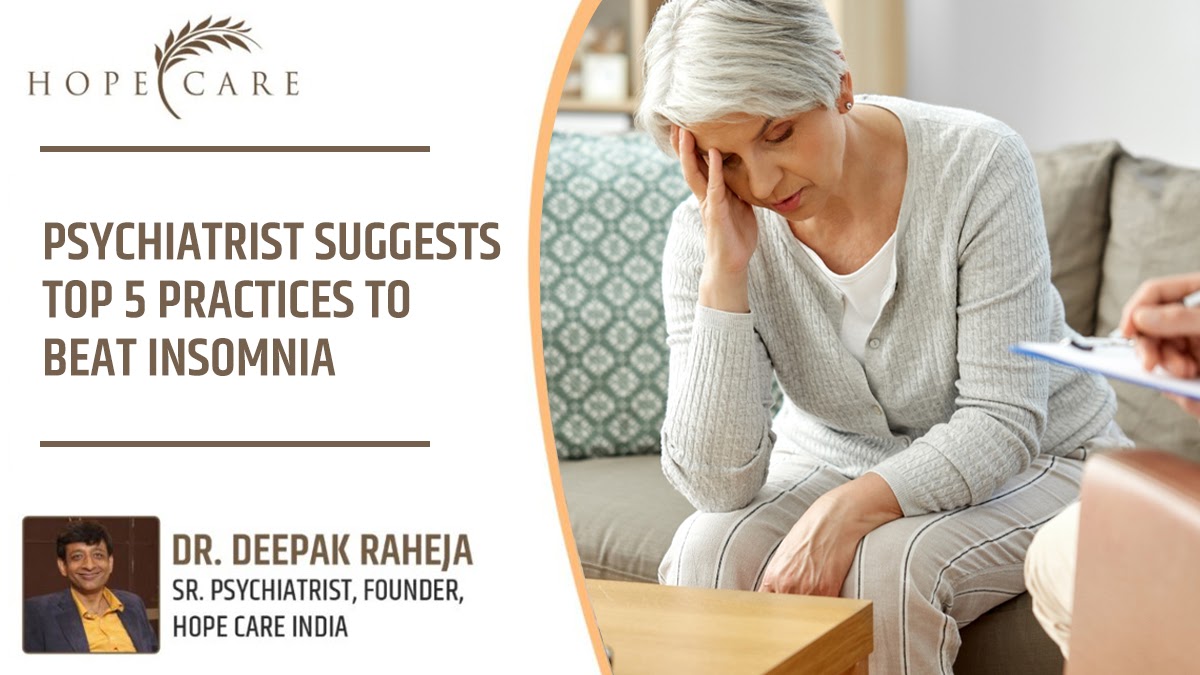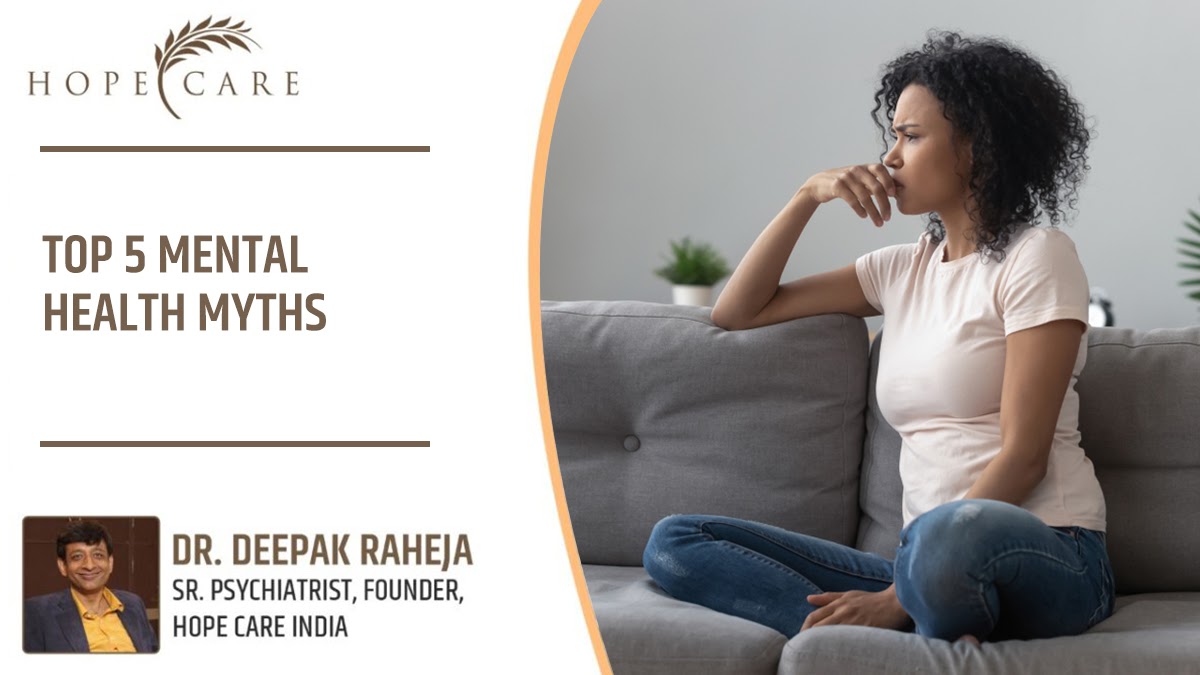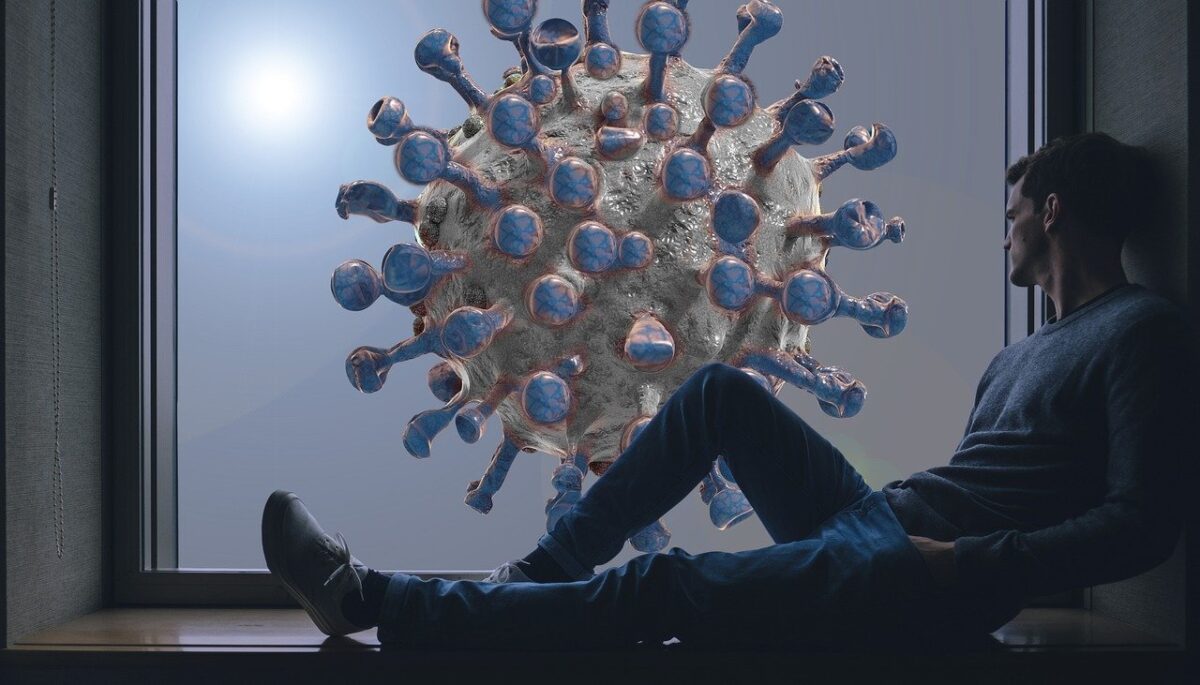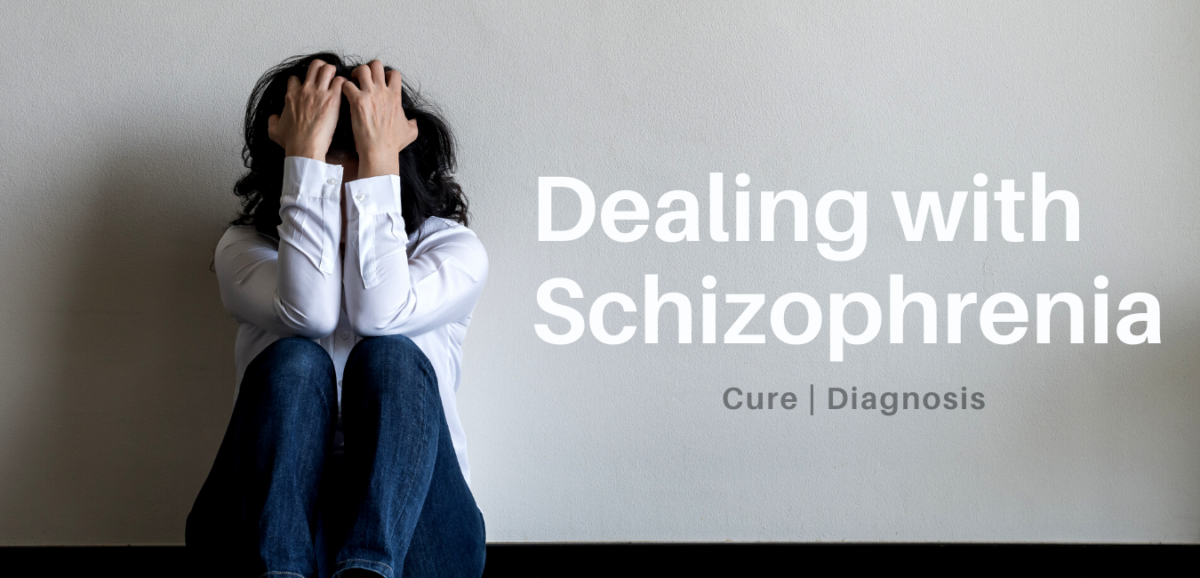As lifestyle has become more fast-paced and urbanized, there has been a rise in insomnia and poor sleeping habits. This results in a prolonged feeling of tiredness and lethargy. While people tend to dismiss abnormal sleeping patterns, terming them as insignificant, they turn into chronic disease in no time and begin to take a serious toll on the physical and mental well-being of those who are affected. It will be easier to cope with insomnia the earlier you begin to deal with it.

How Common Is Insomnia?
Insomnia is very common, and studies have reported an occurrence of approximately 1 crore cases every year in India. Considering the health implications and poor awareness, there is a need to sensitize physicians and increase awareness among the public.
How To Beat Your Insomnia?
Insomnia could be frustrating as it not only makes it difficult to sleep but also comes with an added anxiety of not being able to sleep, which therefore makes it even harder to fall asleep. However, it is possible to beat your insomnia by making a few alterations to your lifestyle. The following tips by psychiatrists will come in handy, making it possible for you to sleep better.
- Follow the same sleep schedule everyday and avoid taking naps. You may get the urge to extend your sleeping hours on the weekends, and a nap may tempt you every now and then, especially if your night’s sleep hasn’t been completed. However, it is necessary to wake up at the same time and limit your naps in order to beat insomnia.
- Limit activities in bed. Your bed is your comfort space, and when you turn it into a workplace or a space for you to study, chances of an increased alertness during bedtime also increase. Therefore, all other activities must be avoided to get rid of insomnia.

- Eliminate alcohol and stimulants like nicotine and caffeine in order to ensure a restful sleep. The effects of caffeine can last upto an entire day, making it difficult for you to sleep. It may also cause frequent awakenings. Alcohol may have sedative effects initially, but after a few hours, it can lead to frequent arousals and non-restful night’s sleep.
- Reduce stress and get over with all your worries before going to bed. If you tend to self-reflect a lot, set aside another hour for it. Do not take your bedtime for granted. There are also countless relaxation therapies and stress reduction methods so as to relax the mind before going to bed.
- Avoid eating and drinking right before your bedtime. This activates the digestive system and keeps you up. Consuming fluids before going to bed can stimulate the bladder, preventing you from getting an undisturbed night’s sleep.
See your doctor if you cannot get enough sleep.
Where To Get The Best Treatment?
HOPE CARE, the leading psychiatric center and mental wellness organization, is headed by Dr. Deepak Raheja, the best psychiatrist in Delhi. We at HOPE CARE recognize the mental stresses involved in modern day living and how they can hamper an individual’s sleeping pattern. With a team of well-experienced doctors and professionals, HOPE CARE strives to achieve the best for the well-being of their patients.
Do not fight alone! Seek help, and book an appointment today!

Hope Care established under the guidance of Dr. Deepak Raheja, is a Psychiatric Centre of excellence that endeavors to restore hope and well-being to individuals and families afflicted by mental ill-health through comprehensive treatment and rehabilitation services. Hopecare seeks to set benchmarks in innovative programs in treatment, care, and education.






















